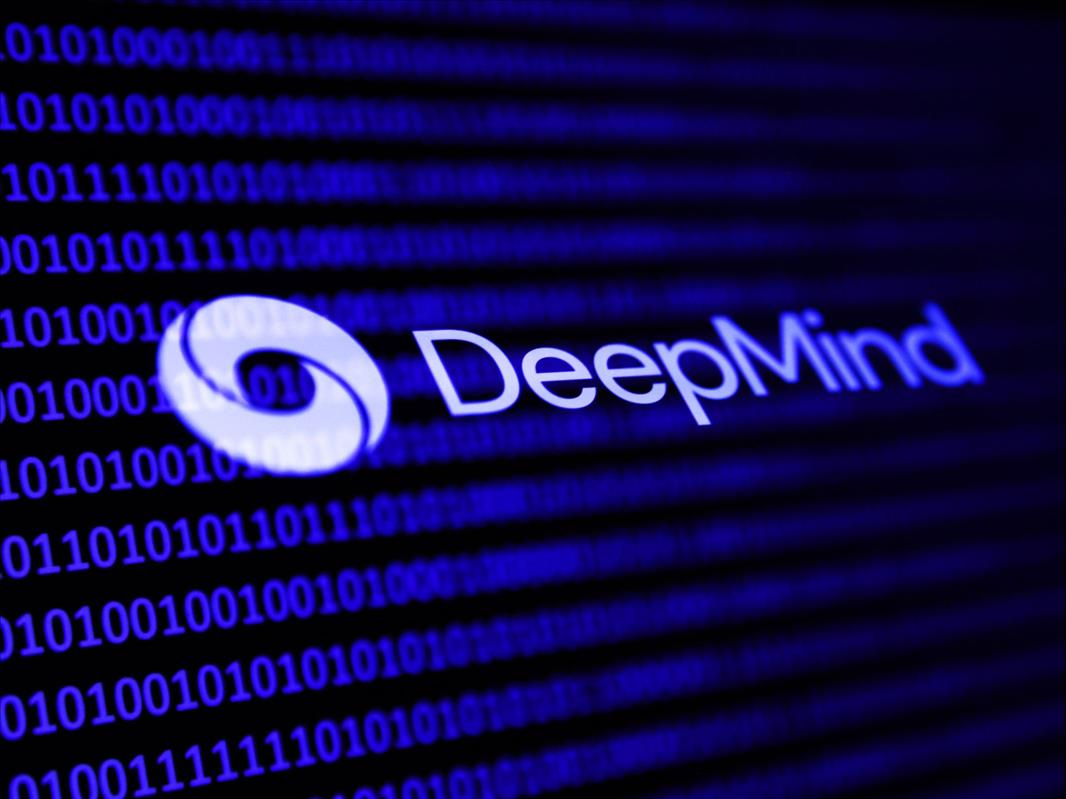AI Powerhouse: Google's Deepmind Takeover Examined
Google sealed its acquisition of DeepMind in January 2014 for between $400 million and $500 million, securing a standout team of AI researchers and laying the foundation for its leadership in artificial intelligence.
Right from the outset, Google's purchase endowed it with access to DeepMind's exceptional talent pool and pioneering work in reinforcement learning-especially its neural Turing machines and early breakthroughs in gameplay AI. This strategic move positioned Google at the vanguard of AI innovation.
DeepMind would go on to deliver some of AI's most storied triumphs. Its AlphaGo program famously defeated world champion Lee Sedol in March 2016-an achievement that shocked the Go and AI communities alike. DeepMind then extended its prowess with AlphaZero and MuZero, highly general learning systems capable of mastering complex games without human instruction. The lab later redefined biology with AlphaFold's protein-folding predictions, mapping nearly every human protein structure and advancing scientific research. In 2024, Hassabis and his colleague John Jumper earned a Nobel Prize in Chemistry for these feats.
Initially, DeepMind maintained significant autonomy within Google. Co-founder and CEO Demis Hassabis had secured assurances such as an independent ethics board and limits on military applications of its technology. Over time, however, integration increased-culminating in 2023 with Google's decision to merge DeepMind and its internal Brain research team into a unified AI division, Google DeepMind, under Hassabis's leadership.
Today, Hassabis spearheads a consolidated AI force of over 6,000 researchers and engineers focused on delivering more capable, scalable, and safe systems. Priorities include merging the technical cultures of Brain and DeepMind, reining in product rollout pressures, and responding to competition from OpenAI and China's AI initiatives.
See also Bluesky Withdraws from Mississippi Following Court's Approval of Age-Check LawThe merger also brought changes that tested DeepMind's original ethos. Publication of research has been curtailed to protect intellectual property, and earlier ethical red lines-such as opposition to military uses-have softened. In early 2024, Google withdrew a pledge made in 2018 not to use its AI for military purposes; Hassabis publicly defended the updated stance as aligned with evolving industry realities.
Even as Hassabis gained influence, his transformation from academic researcher to corporate leader has strained some internal dynamics. Dozens of DeepMind staff departed, unsettled by shifting research priorities and internal politics. Maintaining the lab's scientific creativity while driving product development has become a growing challenge.
Notice an issue? Arabian Post strives to deliver the most accurate and reliable information to its readers. If you believe you have identified an error or inconsistency in this article, please don't hesitate to contact our editorial team at editor[at]thearabianpost[dot]com . We are committed to promptly addressing any concerns and ensuring the highest level of journalistic integrity. Legal Disclaimer:
MENAFN provides the
information “as is” without warranty of any kind. We do not accept
any responsibility or liability for the accuracy, content, images,
videos, licenses, completeness, legality, or reliability of the information
contained in this article. If you have any complaints or copyright
issues related to this article, kindly contact the provider above.
Most popular stories
Market Research

- Wallpaper Market Size, Industry Overview, Latest Insights And Forecast 2025-2033
- GCL Subsidiary, 2Game Digital, Partners With Kucoin Pay To Accept Secure Crypto Payments In Real Time
- North America Perms And Relaxants Market Size, Share And Growth Report 2025-2033
- Chaingpt Pad Unveils Buzz System: Turning Social Hype Into Token Allocation
- Invromining Expands Multi-Asset Mining Platform, Launches New AI-Driven Infrastructure
- Global Mobile Wallet Market Size Projected To Reach USD 701.0 Billion By 2033 CAGR Of 15.09%.






















Comments
No comment